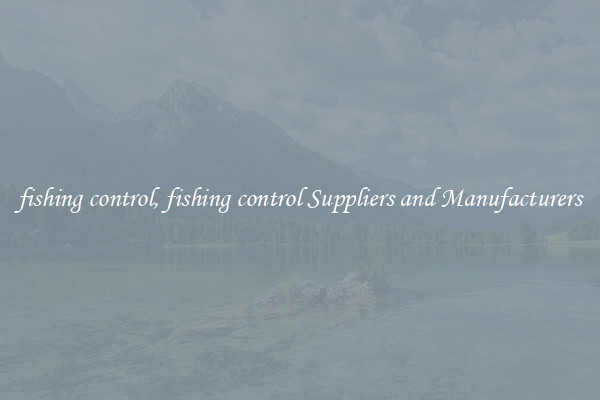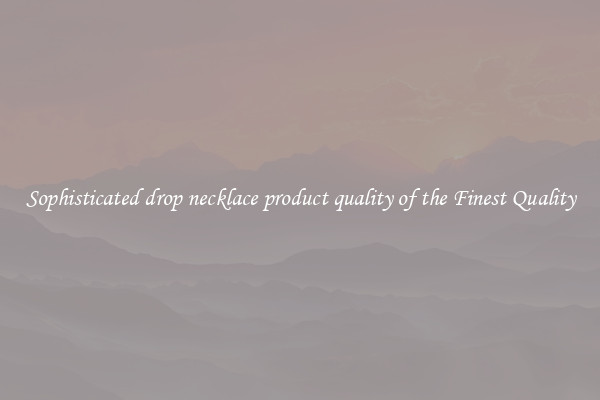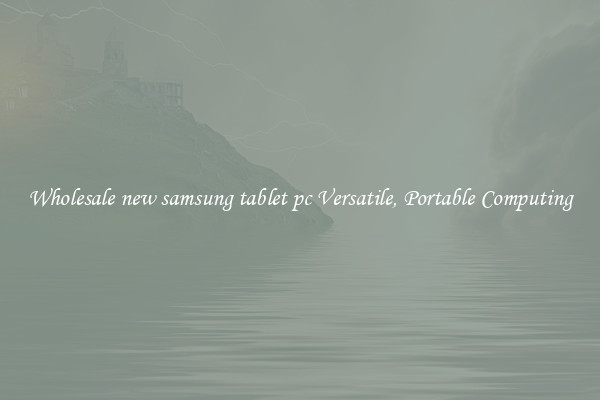fishing control, fishing control Suppliers and Manufacturers
Fishing control is an essential aspect of the fishing industry that aims to manage and regulate the activities of fishermen to maintain sustainability and prevent overfishing. It involves setting rules and regulations, monitoring fishing activities, and controlling the number and size of the catches. In order to effectively implement fishing control measures, suppliers and manufacturers play a crucial role in providing the necessary equipment and tools.

Suppliers and manufacturers in the fishing control industry play a significant role in supporting sustainable fishing practices. They are responsible for producing and supplying a wide range of fishing control equipment, including nets, traps, hooks, and other tools. These products are designed to comply with the regulations set by governing bodies to ensure responsible fishing practices.
One of the primary goals of fishing control suppliers and manufacturers is to reduce the adverse impact on the marine environment. For instance, they offer selective fishing gear that allows certain fish species to escape while catching the targeted species. By using these selective tools, fishermen can avoid catching undersized fish and non-target species, minimizing the negative impact on the ecosystem.
Furthermore, fishing control suppliers and manufacturers also play a vital role in preventing illegal fishing activities. They provide technology-driven solutions such as GPS-based tracking systems and electronic monitoring devices that enable authorities to detect and track illegal fishing vessels. These systems help in identifying and penalizing those engaged in unauthorized fishing practices, ensuring that the fishing industry operates within the set regulations.
In addition to equipment and technology, fishing control suppliers and manufacturers also contribute to sustainable fishing practices through innovation. They invest in research and development to improve existing tools and invent new techniques that reduce bycatch, increase efficiency, and minimize the environmental impact of fishing activities. By continually evolving their products, they strive to create more sustainable solutions for the fishing industry.
Collaboration between fishing control suppliers, manufacturers, and governing bodies is crucial to effectively implement fishing control measures. Regular communication and feedback exchanges help in understanding the challenges faced by fishermen and allow for improvements in regulations and equipment. By working together, they can create a comprehensive approach to maintain the balance between fishing activities and the preservation of marine resources.
In conclusion, fishing control is an essential aspect of the fishing industry to ensure sustainability. The role of fishing control suppliers and manufacturers cannot be overstated as they provide the necessary equipment, technology, and innovation to support responsible fishing practices. Their efforts in promoting sustainable fishing and preventing illegal fishing activities are vital in safeguarding the marine environment for future generations. By continuously improving their products and working collaboratively, they contribute to maintaining a healthy fishing industry with minimal impact on the ecosystem.

View details

View details

View details

View details








